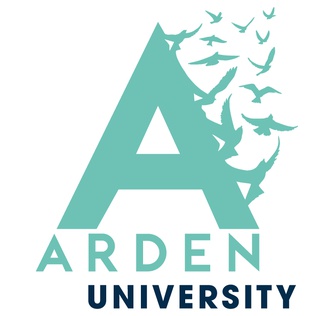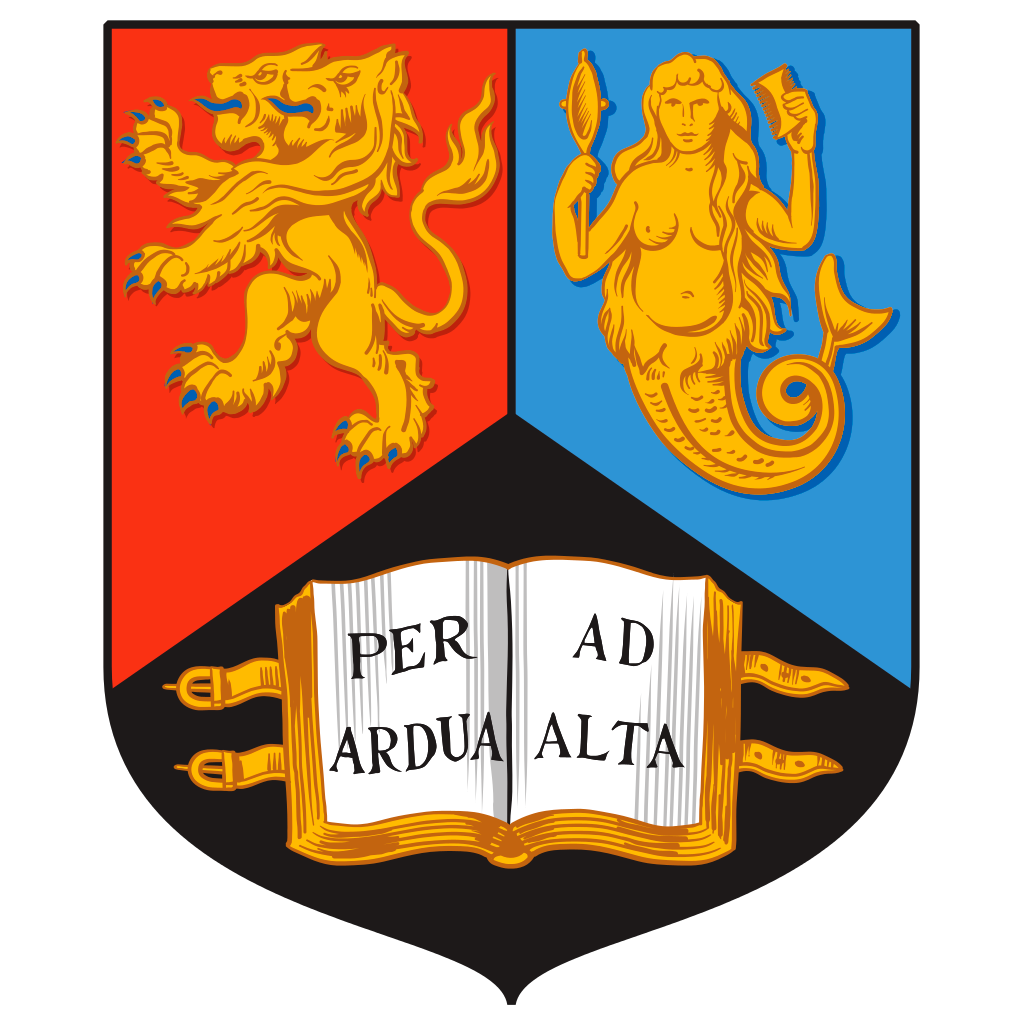Full-time: 90 credits including 70 credits of core modules and 20 credits of elective modules on offer.
Part-time: 40 credits in Year 1, including a minimum of 25 credits of core modules; 50 credits in Year 2, including LW6631 and any core modules not already taken in Year 1. The part-time option is taught during weekday working hours over 2 years.
Core Modules (70 credits)
LW6581 Method in Environmental Law (5 credits)
LW6617 International Biodiversity and Ecosystems Law and Policy (5 credits)
LW6618 Climate Change Law and Policy (5 credits)
LW6627 International Environmental Law (5 credits)
LW6631 LLM (Environmental and Natural Resources Law) Dissertation (30 credits)
LW6645 Marine Environmental and Natural Resources Law (10 credits)
LW6649 Environmental Law in Practice (10 credits)
Elective Modules (20 credits)
Students must take at least 10 credits from List A. It may be that not all modules listed below will be offered each year and/or other options may become available.
List A
GG6501 Introduction to Geographical Information Systems (5 credits)
GG6502 Introduction to Remote Sensing (5 credits)
LW6550 International Criminal Law (10 credits)
LW6566 Contemporary Issues in International Law (5 credits)
LW6606 International Human Rights Law (10 credits)
LW6619 Alternative Dispute Resolution: Processes and Practice (5 credits)
LW6620 Introduction to the Law of the Sea (10 credits)
LW6623 Global Maritime Security (5 credits)
LW6624 Port Law (5 credits)
LW6633 Public International Law (5 credits)
LW6634 Refugee and Forced Displacement Law (10 credits)
LW6636 European Corporate Restructuring, Insolvency and Rescue (5 credits)
LW6642* Environmental Law Clinic (10 credits)
LW6643 Negotiation and Mediation (10 credits)
LW6644 Managing Complex Disputes (10 credits)
LW6642* Environmental Law Clinic (10 credits)
List B: Undergraduate Modules*
LW2216 Humanitarianism and the Law (5 credits)
LW3371 Sources and Foundations of Environmental Law (5 credits)
LW3372 Environmental Law: Contemporary Issues in Governance, Regulation, and Enforcement (5 credits)
*Registration for these modules requires the permission of the Programme Director. Where appropriate, the Programme Director will identify, in consultation with the candidate, whether any undergraduate modules must be taken.
Examinations
Full details of regulations governing Examinations for each programme is contained in the Marks and Standards Book and for each module in the Book of Modules.
Presentation of Dissertation/Submission Dates
The dissertation must be submitted for examination at the Winter Board, on a date in September to be specified by the School of Law at the commencement of the programme.
Exit award: Postgraduate Diploma in Law (Environmental and Natural Resources Law) (NFQ Level 9, Major Award)
Upon successful completion of modules to the value of 60 credits, registered LLM (Environmental and Natural Resources Law) students may opt not to proceed with the programme and exit with a Postgraduate Diploma in Law (Environmental and Natural Resources Law).
Modules
Further details on modules can be found in our Book of Modules. Any modules listed are indicative of the current set of modules for this course but are subject to change from year to year.
University Calendar
You can find the full academic content for the current year of any given course in our University Calendar.
Show less












